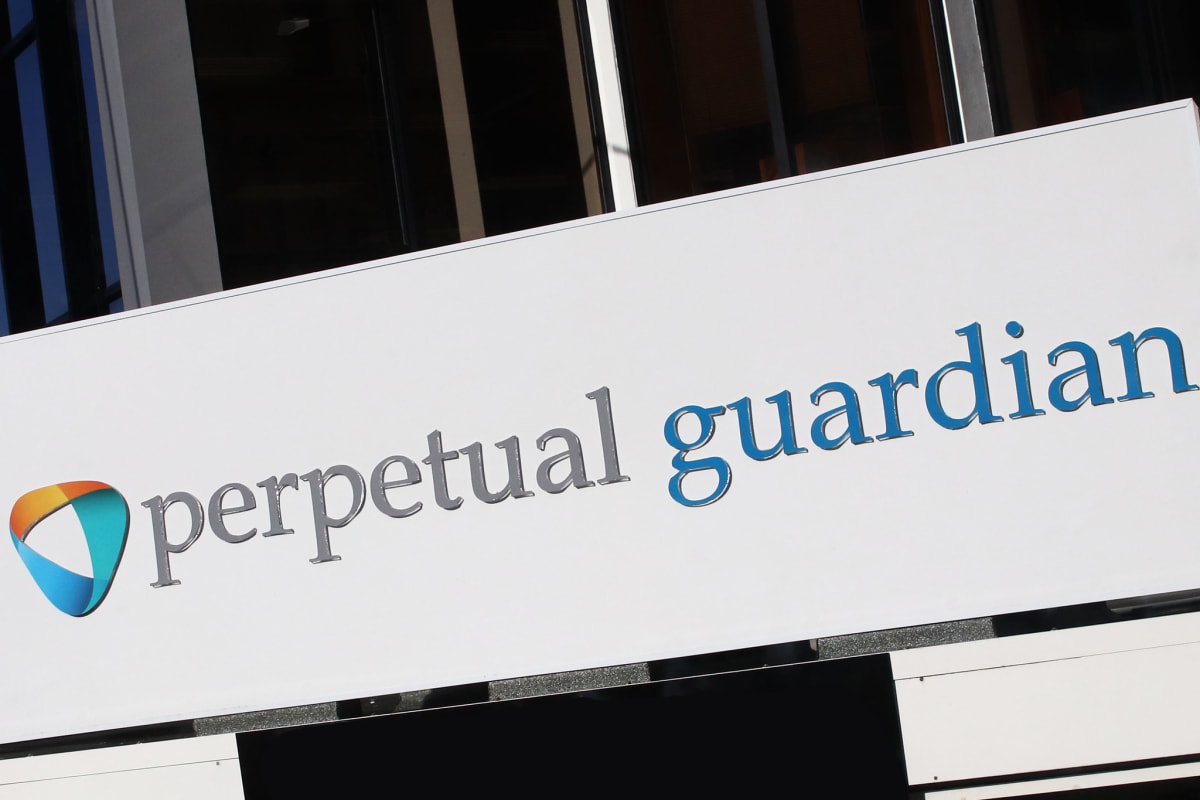The champion of the four-day week movement is ruefully watching this country’s slow uptake, as Iceland and Spain lead the way in national trials.
Businessman Andrew Barnes says New Zealand is “watching from the sidelines” as other countries beat us to implementing the four-day week.
Staff at Barnes’ company Perpetual Guardian have been working four days a week since 2018. They implemented the four-day week, where staff are paid the same amount for working fewer days, after a six-week trial found productivity had improved by 20 percent.
The Kiwi company’s trial caught the world’s attention, but has been slow to gain momentum in New Zealand.
READ MORE:
* Mental health ‘tsunami’ to hit workplaces
Barnes has consulted firms in more than 96 countries to implement the model.
Yet only a handful have tried it in New Zealand, the latest being Unilever which is half-way through its trial.
Just last week Iceland announced the results from its Reykjavík City Council four-day week trials that took place between 2015 and 2019.

Barnes’ wasn’t surprised to hear the trial was deemed an “overwhelming success” by the study’s researchers.
Following the trials’ success, Icelandic trade unions and their confederations achieved permanent reductions in working hours for tens of thousands of their members across the country.
Roughly 86 percent of Iceland’s entire working population has now either moved to working shorter hours or have gained the right to shorten their working hours, researchers said.

They found productivity either remained the same or improved in the majority of workplaces that implemented it.
“This should have been New Zealand leading the world and what it’s turned into is New Zealand watching from the sidelines and playing catch up,” Barnes says. “That’s very disappointing to me.”
Since implementing the four-day trial, Barnes says the trust company has become more attractive to prospective employees. “It says something about the organisation if you’re prepared to challenge the status quo. Therefore inevitably people will look at you as a progressive employer trying to do things differently. And that’s very attractive.”
“The lockdown made no difference to us. The four day week made the company more resilient.”
– Andrew Barnes, Perpetual Guardian
Barnes says Perpetual Guardian was also better positioned to deal with the disruption caused by Covid last year because of its flexible working arrangement.
The company did not take any Government subsidies because it performed exceedingly well, posting two record months during the pandemic. “The lockdown made no difference to us. The four day week made the company more resilient,” Barnes says.
And he put that down to staff being able to manage themselves better because of the four day week.
“Staff can be just as productive at home when they’re not being managed. You can trust your employees and measure their productivity without measuring their time at work.
“We’re measuring productivity here by output, not hours.”
Barnes was aware of the dangers of working from home, with the tendency to work longer hours and also living and working in the same area. But he says, because the four day week is self-policed and managed by teams within the company, employees already had the discipline of working 32 hours a week.

“It’s about recognising downtime is needed. If all you’re doing is allowing your staff to work from home, you’re going to increase the risk of burnout if you don’t put some barriers or boundaries around working hours.
“You can’t ensure people won’t work long hours, but we’d already built that discipline into the way we work.”
There’s also the phenomenon, known as Parkinson’s law, which has been proven in a number of scientific studies to show that when people are given extra time to complete a task, they will generally take advantage of that time, even if they don’t need it.
AUT business school professor Jarrod Haar says part of the four day week is to remove inefficiencies from the work day and reward workers with a day off.
Microsoft trialled the four-day week in Japan in 2019, and also capped meetings at 30 minutes. In doing so the company found productivity increased by 40 percent.
Haar says the reason New Zealand businesses have been slow to adopt the four-day week trials is because they are less trusting of their employees.
“The wrong way to do it is to be dictatorial. Consult staff.”
– Andrew Barnes, Perpetual Guardian
He says many employers were surprised to see their staff were just as productive working from home over lockdown than in the office.
A University of Otago study by its business school found workers were sometimes even more productive working from home last year. Most people wanted to continue working from home at least part of the time post lockdown, the survey of 2595 people found.
Similarly, a PwC survey on remote work found that despite all the problems and disruptions brought on by Covid to remote work, the majority of bosses and workers considered remote work a success at their companies. Half thought productivity had improved too.
Haar says working from home has become a priority for many professionals on the job market.
Companies forcing their employees to come back in the office are increasingly out of tune with what workers want, he says.

Barnes says the four-day week model could be adopted to a business’ needs. Options could be working 32 hours over five days, or four and a half days a week.
“The goal here is to reduce overall working hours. How you go on that journey will need tweaking depending on your business, the culture and the issues you are facing in your business.
“The wrong way to do it is to be dictatorial. Consult staff.”
A report by the World Health Organisation published in May, showed working long hours can have detrimental impacts on health. Working long hours led to 745,000 deaths from stroke and ischemic heart disease in 2016, a 29 per cent increase since 2000.
The study concluded that working 55 or more hours per week is associated with an estimated 35 percent higher risk of a stroke and a 17 percent higher risk of dying from ischemic heart disease, compared to working 35-40 hours a week.
Barnes says his staff manage what days they’d like off among themselves, or may choose to rotate having Mondays and Fridays off.
Spain plans to launch a nationwide trial in September as part of a three-year, 50 million euro pilot, funded through the European Union’s Covid Recovery Fund.

Under the project, about 400 companies will reduce their employees’ working week to 32 hours while keeping their salaries the same. The government will compensate those businesses if they need to hire additional staff or reorganise scheduling and shift patterns.
Barnes says the New Zealand government needs to step up and follow in the footsteps of other countries or at least make it easier for businesses to implement the trials.
He says the current employment law is very much set for the 9-5, Monday to Friday way of working and needs an overhaul.
“if you’re trying to do these things to improve flexibility then you fall foul the legislation. For example, we have to approve four days of leave on the 40 days we gift our employees in the year because of the Holidays Act.
“It’s not good enough. It doesn’t need wholesale re-writing, I’m not asking the government to make the four day week compulsory.
“I’m asking to stop penalising companies trying to do it.”
Barnes says if people are working fewer hours more productively, this can result in better health, social and economic outcomes.
This included encouraging downtime so people aren’t as burnt out, give men and women equal opportunity to be away from the workplace to and care for their children and reduce congestion and pollution on the roads.



